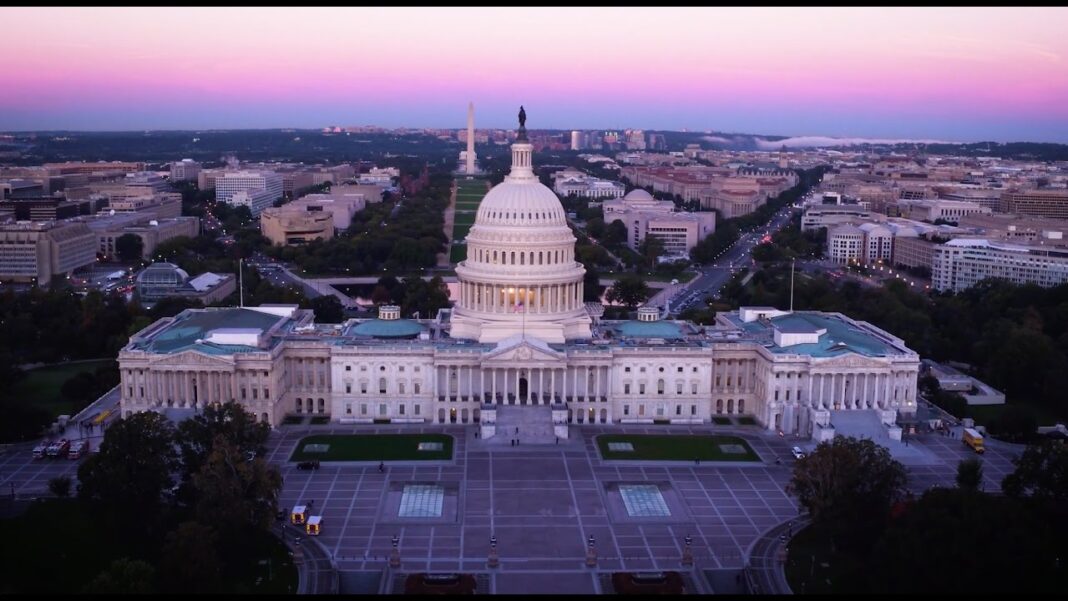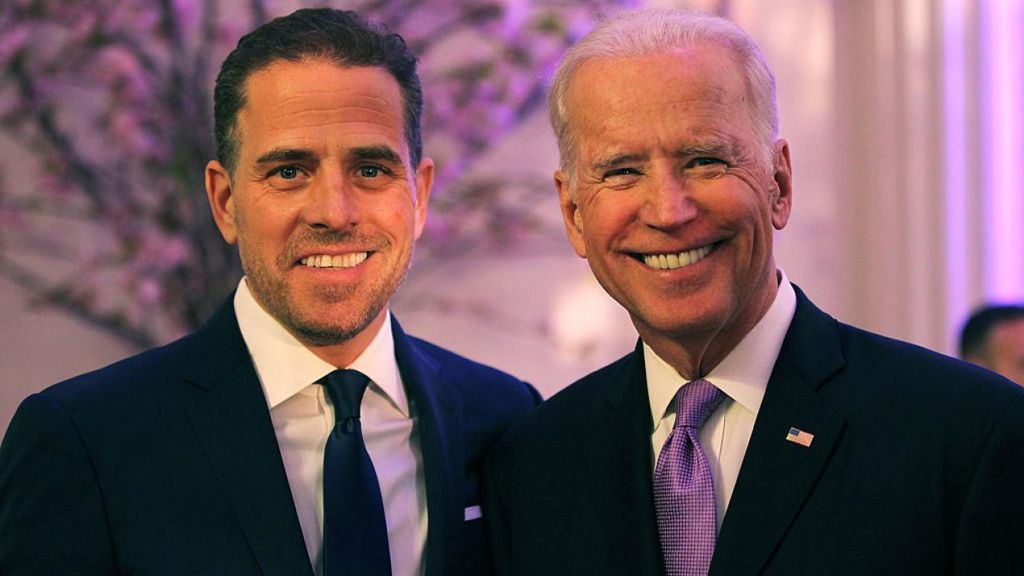The Constitution’s original meaning provides a judicially manageable line between constitutional and unconstitutional delegations.
After several generations in which the nondelegation doctrine has been largely ignored, the Supreme Court has given hints that it may start to enforce the doctrine once again. This change in constitutional interpretation could have enormous consequences, because a strong nondelegation doctrine poses a significant check on the excesses of the administrative state. But enforcing the nondelegation doctrine raises a problem that has made even those sympathetic to the doctrine hesitant about applying it—the view that there is no clear way to distinguish between constitutional and unconstitutional delegations of policymaking authority to the executive. Here, I want to propose a solution to that problem (download file or see PDF below) that would allow for a judicially manageable nondelegation doctrine.
The nondelegation doctrine holds that Congress cannot delegate its legislative power to the executive branch. The legislative power is normally identified with policymaking discretion. Thus, the doctrine limits Congress from assigning policymaking to administrative agencies.
It was 85 years ago that the Supreme Court used the doctrine to strike down important delegations of legislative power in a few cases during the New Deal. But the doctrine fell prey to the New Deal judicial revolution. With the appointment of New Deal justices, the Supreme Court started to apply the doctrine extremely leniently to allow enormous delegations of policymaking discretion to the executive. Since the New Deal, no delegations reviewed by the Court—and there have been many—have been struck down as unconstitutional.
This relaxation of the doctrine has been important, since it has allowed the administrative state to grow. If a strict nondelegation doctrine were enforced, Congress would have to pass laws rather than simply having agencies enact rules, as is now the standard practice. This requirement would be significant because divided government (which usually exists) means that fewer and more moderate regulations would be passed if Congress had to enact them.
But the Supreme Court has now indicated that it may be willing to reinvigorate the nondelegation doctrine. In the 2019 case of Gundy v. United States, Justice Gorsuch wrote a dissent, joined by two other justices (Roberts and Thomas), advocating a return to a strict nondelegation doctrine. In a separate opinion, Justice Alito stated that he would be willing to revisit the doctrine in a suitable case, and in a subsequent opinion, Justice Kavanaugh expressed similar sentiments. That’s five justices, and with the addition of originalist Justice Amy Coney Barrett, there is a real chance of establishing a strong nondelegation doctrine.
Read Full Article on Law & Liberty
About Law & Liberty
Law & Liberty’s focus is on the classical liberal tradition of law and politics and how it shapes a society of free and responsible persons.
This site brings together serious debate, commentary, essays, book reviews, interviews, and educational material in a commitment to examining the first principles of a free society as they appear in law, history, political thought, and other aspects of culture.






